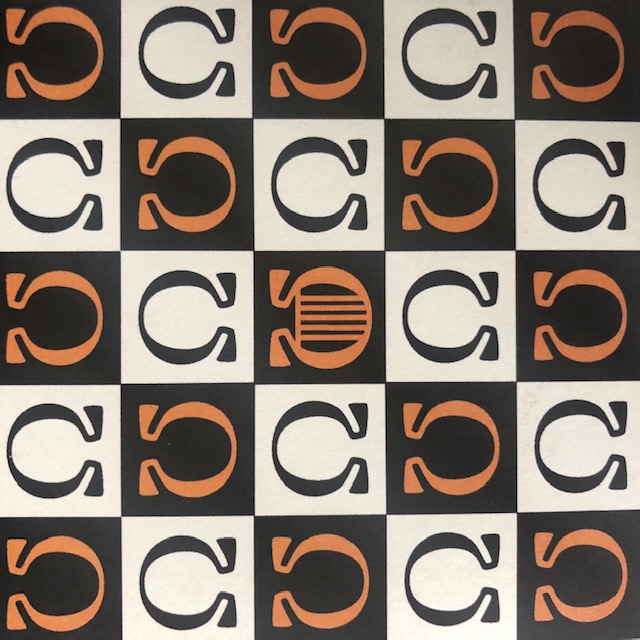Please note that this newsitem has been archived, and may contain outdated information or links.
12 November 2015, Logic and Interactive Rationality (LIRa), Iris van de Pol

In this talk I will present a DEL-based computational-level model of theory of mind and its (parameterized) complexity. Theory of mind (ToM) is the psychological phenomenon that people attribute mental states like beliefs, desires and intentions to each other, and use these to explain and predict behavior. ToM is an important cognitive capacity, that is by many held to be ubiquitous in social interaction. However, at the same time, ToM seems to involve solving problems that are intractable and thus cannot be performed by humans in a (cognitively) plausible amount of time. I argue that it is not clear how existing claims by cognitive scientists and philosophers about the intractability of ToM can be interpreted and/or evaluated, and that a formal framework is needed to make such claims more precise. I will propose such a framework.
First, I will introduce Marr's computational level of analysis and the tractable cognition thesis. This thesis states that people have limited resources for cognitive processing, and that human cognitive capacities are confined to those that can be realized using a realistic amount of time. Then, I will introduce a computational-level model of ToM, which is a special case of DEL model checking. I will give a short introduction to (parameterized) complexity theory and will present some complexity results for the model. In particular I will show that the model is PSPACE-complete and that the modal depth of a formula does not influence its complexity. Finally, I will discuss the meaning of these results for the understanding of ToM.
This talk is based on my master's thesis (for a pdf, see: http://goo.gl/21FG2G).
For more information, see https://www.illc.uva.nl/lgc/seminar.
Please note that this newsitem has been archived, and may contain outdated information or links.